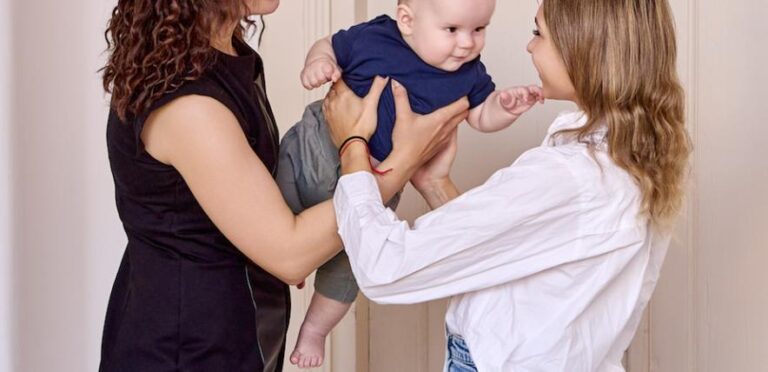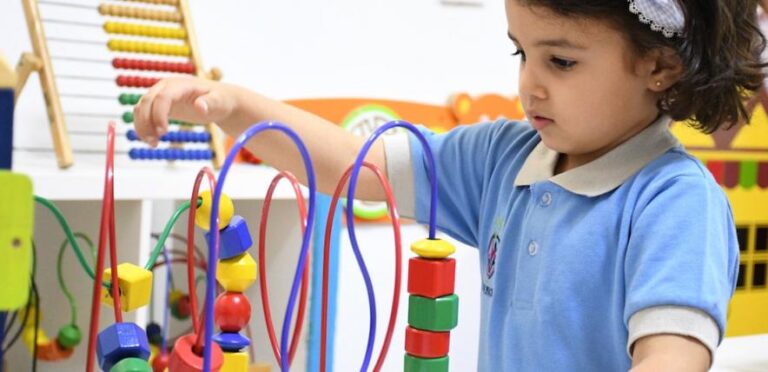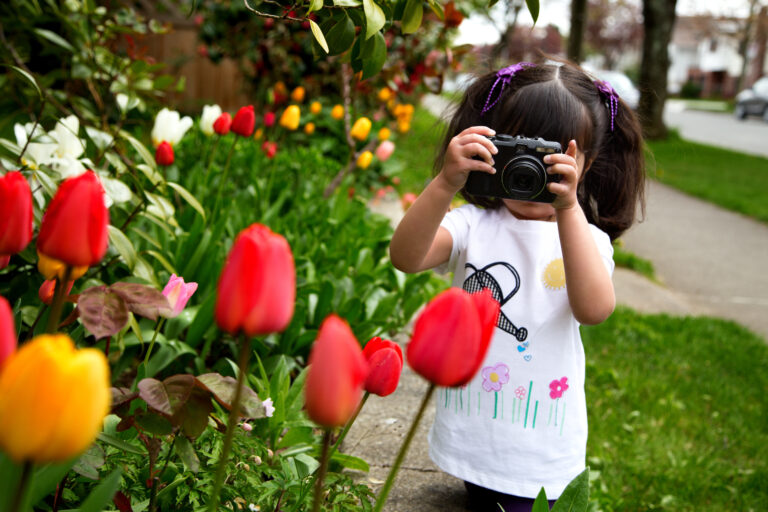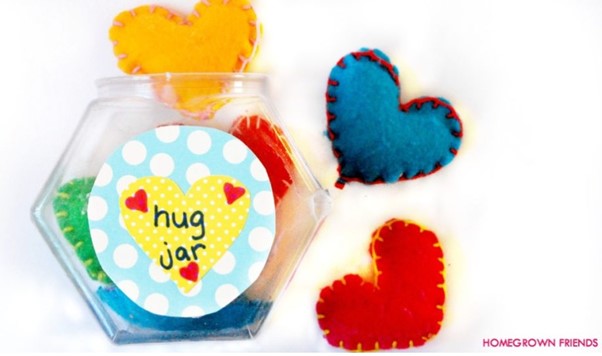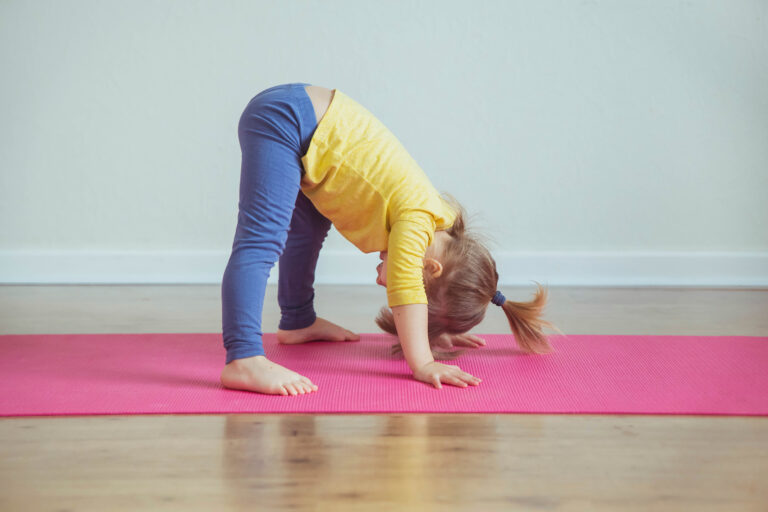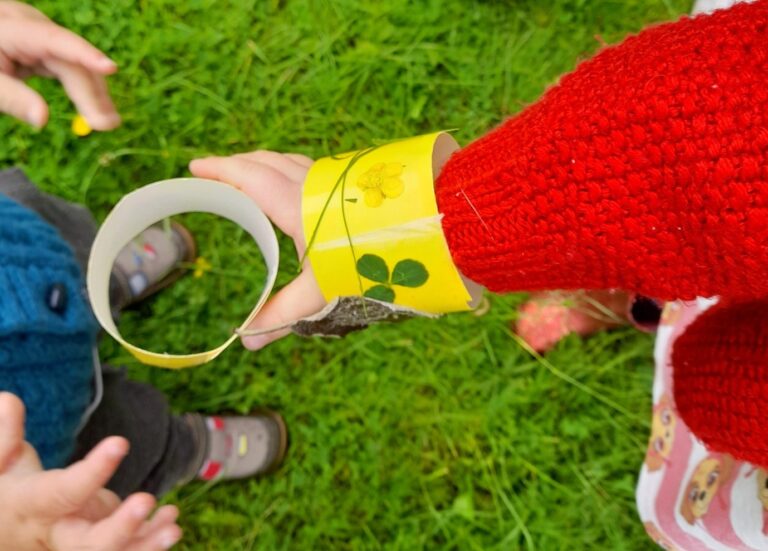Trying to find a babysitter for your little one can elicit all sorts of emotions.
On the one hand is the excitement of being able to go out with friends, go to a gig or spend some quiet time with a partner. On the other is the trepidation or anxiety of leaving your precious child in the care of someone else — possibly even a complete stranger.
But you can allay some of those concerns by thinking about your needs and that of your child, your expectations of the experience and what you want from your babysitter.
Firstly, what do we mean by a babysitter?
Unlike a nanny, who tends to look after one child, or a childminder, who might look after several youngsters while their parents are at work, a babysitter is usually required to look after a child occasionally, for a few hours, and usually during the evening.
When can you leave your child with someone else?
There is no law about the age at which you can leave your child with a babysitter, but it’s unlikely you’ll want or need to do so too soon after giving birth.
It’s fine to leave a small baby with a sitter, but experts recommend you should have a routine of feeding and sleeping before you do so.
This will also create a framework for your expectations of the babysitter and what is required of them during the time they are looking after your child – for example, that your child has a bottle by 6pm and goes to bed at 7pm.
How old does a babysitter need to be?
There is no law about what age a babysitter needs to be but if they are under 16, you are legally responsible for their wellbeing.
If your child is a baby it will be best to opt for an older sitter – probably 18 years or above – as they should be more mature and feel more confident with babies and knowing what to do if your child wakes up and needs something while you’re out.
Either way, check what their experience is and don’t be afraid to ask how they would react or deal with situations which concern you. If you have any doubts about the sitter’s abilities don’t hire them.
Many people have a trusted teenager, often a family member or close friend, with whom they feel confident leaving their child, but you should consider your baby’s age before making this decision.
Do babysitters need to be qualified?
Currently, babysitting is an unregulated industry, often carried out by teenagers who are looking to earn some extra money. Unlike other childcare professionals, they don’t have to be registered with Ofsted or be DBS (Disclosure and Barring Service) checked to ensure they are fit and proper to be looking after a child and have no convictions, so you need to do your own checks.
Experts advise that you employ someone who has been DBA checked, but you don’t have to.
If you’re employing someone not known to you personally, then always ask for references and feedback from others who have used their services.
It’s fine to interview several babysitters, and to introduce them to your child in your home, before settling on one with whom you feel happy and comfortable.
If you use websites or apps to find a local sitter — use ones where other families have left reviews so you can see feedback from other families. This will help you when making a decision on a sitter.
Ask lots of questions
Have a list of questions you want to ask and discuss during your meeting, as well as ground rules and expectations. For example, you might want to know if they have first aid training with children, or any qualifications relating to childcare. What is the most tricky situation they have encountered while babysitting and how did they deal with it? How would they settle your child if they are crying and can’t settle?
You should also ask them for proof of identity and contact details before they start working for you.
Sophie Hayle began babysitting when she was 16 and had experience of looking after young siblings.
“Obviously, looking after younger brothers and sisters is different to taking care of a stranger’s child, but it did give me some experience of being around very young children which was invaluable when it came to doing it as an after-school job,” she says. “I wanted to become a teacher in early years, so it felt like I was developing skills ahead, in readiness.
“My advice to parents is to leave babies and very young children with someone older and more experienced, who is say 18 or above, and I’d expect most parents to do this. I tended to decline babysitting children younger than two or three years, simply because they can be quite demanding and I wasn’t sure I’d be able to cope. Toddlers can, however, be great fun if they want to play and it can be rewarding if you manage to teach them something new.”
Did Sophie expect to be fed while babysitting?
She says it depended on how long she was needed. “It always felt like a relief when the parent showed me where to find the tea and mugs, or left me a sandwich, or just told me to help myself from the fridge. It can be awkward for a young person to ask, so please remember to mention this.
“Also, don’t forget to tell the babysitter anything else they need to know, such as where the toilet is, which is the child’s bedroom, what is their favourite toy and whether it helps them to sleep if you read a story. In the trepidation of leaving their children with a babysitter for the first time, they might forget.
“Also lay down any other rules, such as no friends/boyfriends to visit, or no drinking alcohol. Don’t feel that such restrictions should be obvious.”
How much should I pay a babysitter?
The national average payrate for a babysitter is currently in the region of £10 an hour, but this might be open to negotiation depending on your needs, how well you know the babysitter and other factors.
Don’t expect them to look after more children than you have agreed in advance.
Also, ensure you have arranged how your babysitter will get to and from your house.
Do they have their own car or will you need to pay for a taxi to take them home?
Easing separation anxiety
So, you have done the interviews and checks, arranged your babysitter and booked the table in your favourite restaurant. Why do you still feel so uneasy?
It’s completely normal to feel nervous or anxious, and it might take more than one occasion before you learn to relax.
Remember – you’ve left your contact details and that of the restaurant with the babysitter, so they can always call you. You could also check in at an agreed time to find out if all is well.
Perhaps give yourself a timescale of say, two or three hours, the first time you leave your child with a babysitter.
As your child and babysitter become more familiar with each other and develop their own special bond, you will be able to extend this time if you need to, safe in the knowledge your child is being well looked after.
Useful links

